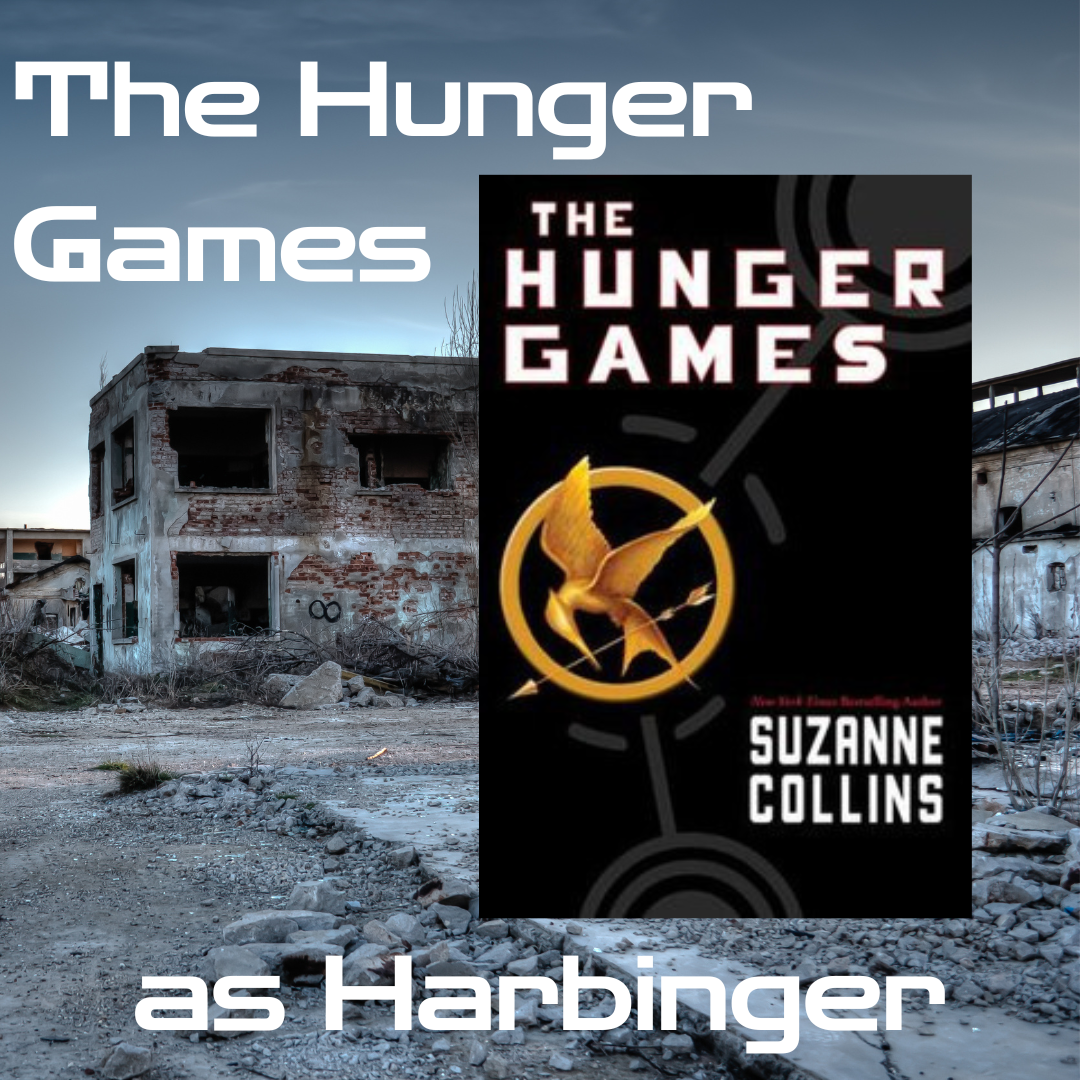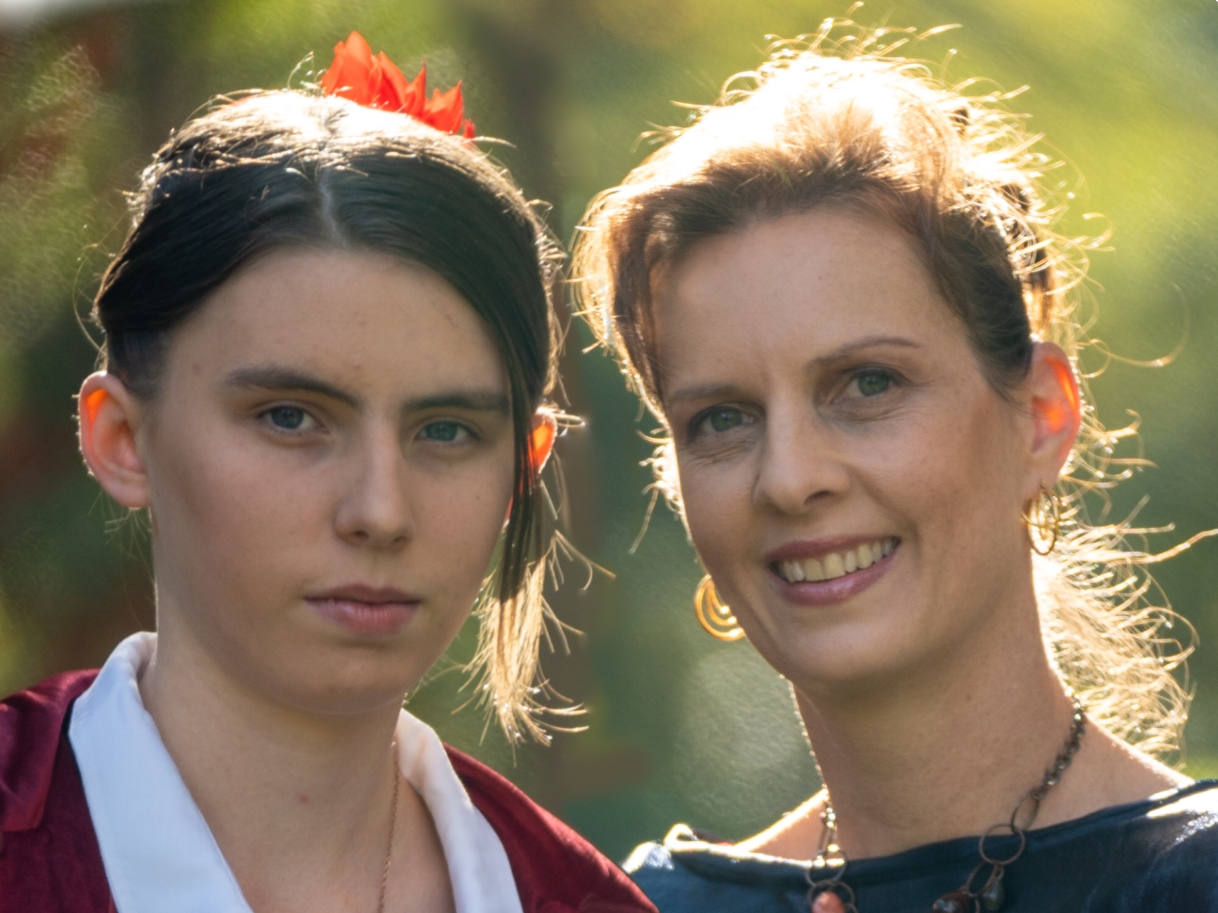The Hunger Games as Harbinger
 This article continues my series on The Hunger Games. You can read the first article here.
This article continues my series on The Hunger Games. You can read the first article here.If you’ve heard how Suzanne Collins came up with the idea for The Hunger Games, it’s pretty incredible. Prophetic, some might say. And I can’t help wondering if it became so popular because there was a deep collective cultural need for it at that moment in history. I think, at some level, we sense that we are living inside a dystopia right now—a decadent dystopia akin to Brave New World. Something isn’t right, even though we’re being sold this idea that technology and ease will solve all our problems. The truth is, very few people are content and happy, suicide rates are ridiculous, and the youngest generations live in a kind of malaise of hopelessness.
I definitely live in my own personal dystopia—and perhaps that’s been the way of it since the beginning of time—but perhaps my micro-dystopia is symptomatic of a much larger dystopia. One that began brewing at the start of the industrial revolution.
Now, I am not saying that everything was perfect prior to that. Clearly, it was not. But I am saying things were different. The wrongness was different. Pre-industrial revolution, there was a much greater focus on finding a utopia. It was the age of exploration and thoughtless colonisation, of cultural cross-pollination and imposition, of dozens of regional wars and changes in politics. Scientific advances and inventions seemed to promise a great deal, and many British and European people were searching for a new life in places like Australia and America, where the ‘old way of doing things’ could be overturned and ‘new, better ways’ established.
In short, there was a lot of hope despite all the wars and plagues and crime and poverty.
Two hundred years later, I think, as a 1st world affluent culture, we are coming to the collective conclusion that machines and technology and aggressive capitalism didn’t solve our problems, didn’t meet our deepest needs, and haven’t made life better for everyone—but we’ve bought into this messed-up system and are so deeply embedded in it that there seems no way out now.
We are stuck on this technology/consumerism treadmill, and we don’t know where to go from here, because we don’t want to give up the comfort part of it. Even if it is at other people’s—or the planet’s—expense.
Unlike our forebears, we have everything, but it still doesn’t satisfy—so where is the hope?
This is the question of the dystopian genre in particular. It’s the question that Suzanne Collins provided commentary on in The Hunger Games. Not an answer, notice: commentary.
It’s also a question I provide a bit of commentary on in our trilogy. As I mentioned, I live in my own personal dystopia and it is this micro-dystopia that I explore, in order to seek hope.
FOR REGULAR ARTICLES LIKE THIS, JOIN OUR NEWSLETTER!


